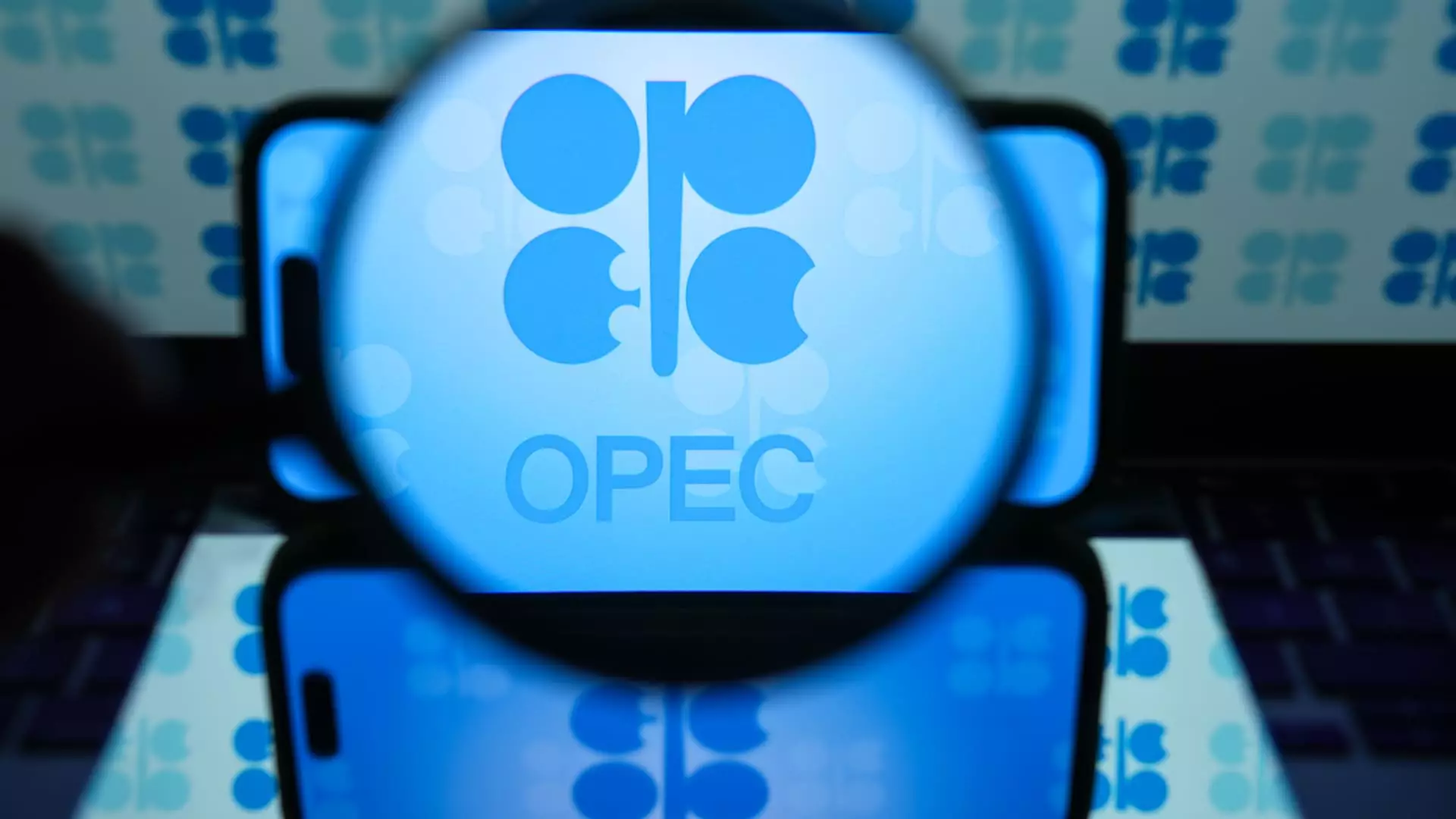OPEC+ nations’ recent move to increase crude oil output underscores a dangerous game of influence that goes beyond simple supply and demand. While they claim the decision is rooted in “healthy market fundamentals” and a “steady global economic outlook,” the reality reveals a calculated effort to shape market perceptions and control the geopolitical narrative. The choice to boost production by 548,000 barrels per day—the largest increase in recent memory—appears to be less about meeting actual economic needs and more about placating energy-consuming nations who are increasingly skeptical of their true intentions. This orchestrated production hike reveals an underlying strategy: to create an illusion of market stability, while secretly maneuvering to keep oil prices in a delicate, artificially maintained range.
The Hidden Politics of Supply Cuts and Increases
The voluntary output reductions and subsequent increases are not neutral economic decisions; they are powerful tools wielded by oil-producing giants to manipulate market sentiment and influence global energy prices. The initial cuts, which were intended to last until next year, served as a lever to inflate prices artificially, offering immense profits to the elite few controlling the global energy market. Now, as these nations increase their output, they risk destabilizing the very economic foundations they’ve built upon. This maneuvering is reminiscent of a high-stakes game—where perceived market stability often masks deeper geopolitical negotiations and economic coercion. Countries like Russia and Saudi Arabia, with their outsized influence, are clearly leveraging their control over global oil supplies to shape international policy in their favor, even as it creates ripple effects that threaten broader economic stability.
The Economic and Ethical Implications
While some argue that increasing oil production can stabilize prices and mitigate inflation, this perspective ignores the broader consequences. Elevated oil prices disproportionately hurt consumers and vulnerable economies, fueling inflation and deepening inequality. Conversely, artificially suppressing or boosting supply for geopolitical gain fosters a climate of uncertainty that hampers long-term investment in renewable energy and sustainable development. As the world grapples with climate change, relying on these manipulative tactics threatens to delay the urgent transition to cleaner energy sources, locking society into a cycle of dependency on volatile fossil fuel markets. Ethically, this playbook undermines transparency and accountability, with decisions driven by vested interests rather than public good.
The Future of the Energy Market and Global Stability
It’s clear that reliance on OPEC+ decisions to determine energy prices is problematic. The veneer of stability is fragile at best, and the ongoing manipulation of supply signals threatens to cause far-reaching economic shocks. As nations face mounting pressure to decarbonize and secure sustainable energy sources, the current approach serves only to deepen dependence on fossil fuels under a guise of stability. We must question whether the benefits of such coordinated supply strategies outweigh the long-term risks they impose on global economic health, overarching geopolitical stability, and environmental integrity. The direction in which these decisions lead us could redefine the future of energy—a future where transparency and genuine market discipline, rather than covert manipulations, must take precedence.


Leave a Reply